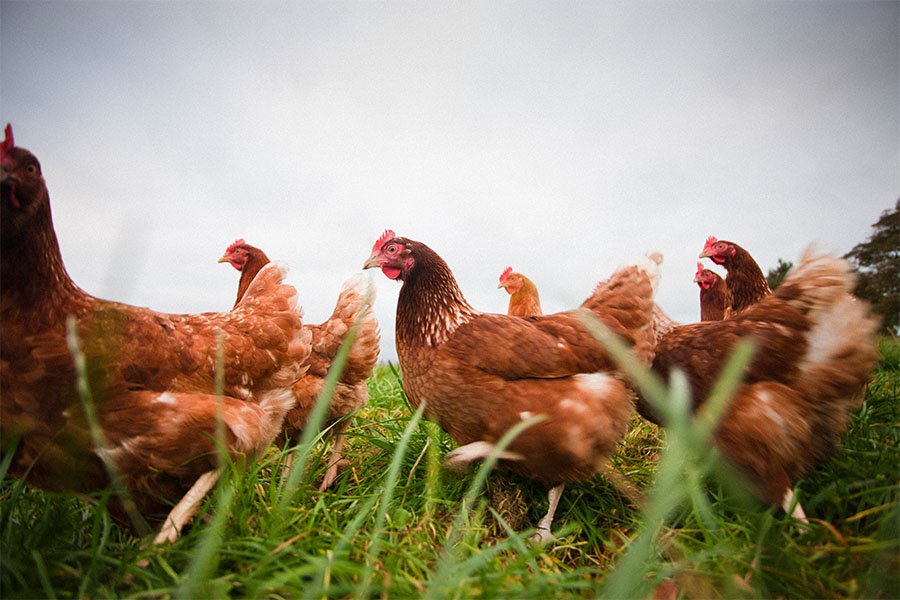Exploring the Difference in Quality, Taste, and Nutrition
At Soba Renaissance, our mission goes far beyond just producing eggs — we’re committed to raising happy, healthy hens through free-range, ethical, and sustainable farming practices. Why? Because the well-being of our animals directly impacts the quality, taste, and nutrition of the eggs you bring to your table.
In today’s world where consumers are becoming more conscious of where their food comes from, understanding the difference between conventionally farmed and free-range eggs is not only important — it’s empowering.
Here’s why free-range, ethically raised hens truly lay better eggs:
What Does “Free-Range” & “Ethically Raised” Actually Mean?
Before diving into the benefits, let’s clarify the terms:
-
Free-Range Hens: These birds are not confined to cages or tight indoor spaces. They have regular access to the outdoors where they can roam, forage, dust-bathe, and behave as nature intended.
-
Ethically Raised: These hens are raised with humane treatment, proper space, natural diets, clean housing, and minimal stress — all in alignment with their physical and psychological well-being.
At Soba Renaissance, we go a step further with science-backed animal care, ensuring our hens live in environments that boost their health — and your food quality.
Quality That You Can See and Taste
One glance at a free-range egg compared to a conventional one tells a story:
-
Rich, Vibrant Yolks: Free-range eggs often have deeper orange yolks, thanks to a more varied and natural diet including grasses, bugs, and seeds.
-
Firmer Whites: The albumen (egg white) of a free-range egg tends to be thicker and more cohesive — a sign of freshness and quality.
-
Stronger Shells: Our hens’ diets are calcium-rich, contributing to sturdier shells that better protect the nutrients inside.
These visual and physical differences directly impact how the egg cooks, tastes, and nourishes.
Taste That Speaks for Itself
Consumers often describe free-range eggs as:
-
Creamier and more buttery
-
Earthier and more flavorful
-
Less watery with fuller mouthfeel
This enhanced taste isn’t subjective — it’s the result of a natural diet, reduced stress, and the ability to move freely. All of these affect hormone balance and nutrient absorption in hens, which in turn impacts the flavor of their eggs.
Nutrition That Nourishes More
Numerous studies have shown that eggs from free-range hens are:
-
Higher in Omega-3 fatty acids (good for heart health)
-
Higher in Vitamin D (thanks to sunshine exposure)
-
Higher in Vitamin A and E
-
Lower in cholesterol and saturated fat
This means you’re not just eating an egg — you’re getting a nutrient-dense superfood that supports your wellness from the inside out.
What About Conventional (Caged) Eggs?
In conventional systems:
-
Hens are often confined to battery cages, unable to move freely or engage in natural behavior.
-
They are fed processed feeds with minimal variety.
-
High stress environments lead to weaker immune systems, lower egg quality, and often the use of antibiotics to prevent disease spread.
These conditions may produce eggs in larger volumes, but often at the cost of nutrition, animal welfare, and taste.
Why This Matters — For You, the Animal, and the Planet
-
Healthier for You: You consume higher-quality nutrients and fewer chemicals.
-
Kinder to the Hens: Ethical treatment results in better lives for our animals.
-
Better for the Planet: Free-range farms like Soba Renaissance contribute to soil regeneration, lower carbon footprint, and eco-conscious farming systems.
It’s a win-win-win.
Where to Get the Best Eggs?
At Soba Renaissance, we offer farm-fresh, ethically produced, free-range eggs delivered straight to your doorstep or available for bulk B2B ordering. Whether you’re a household or business, you deserve eggs that are as nourishing as they are delicious.


